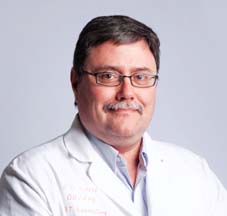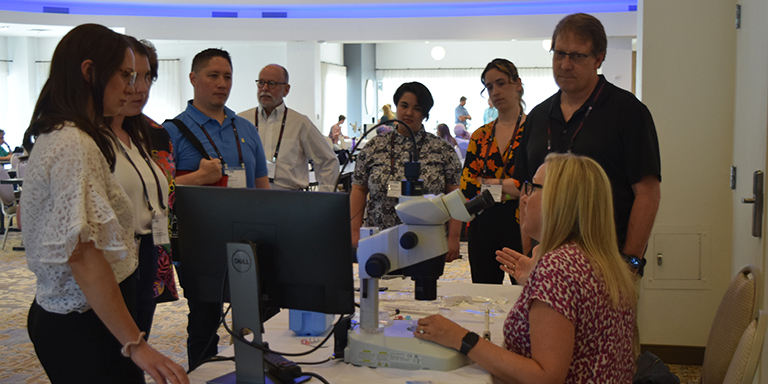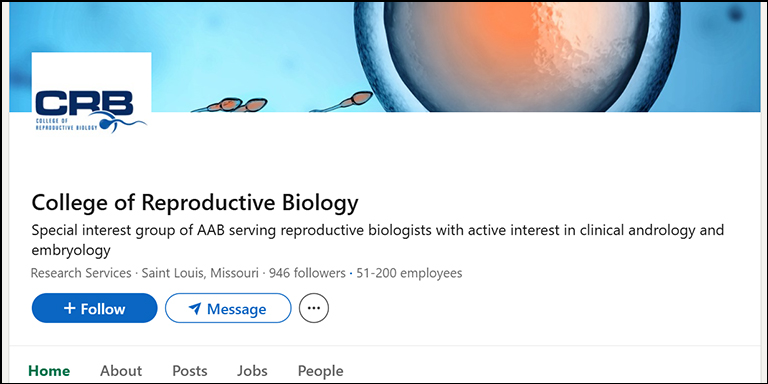Legislative Committee Briefs
 |
| Stan Harris, TS/ELD(ABB) |
“Cogito ergo sum.” Ah, if it were only that simple. Surely, as Descartes contemplated and rendered judgment on his own existence, he could not have envisioned a time where a simple definition of not only who we are, but when we are, could be so divisive. You can bet he certainly wasn’t dwelling on the status of the newly fertilized zygote. The philosophical, ethical, and theological boundaries that define human Personhood have been challenged often these past couple of years and those arguments have never had more potential to impact our industry than now. In the ART era, nearly two dozen attempts to pass bills and amendments have been proposed in several states, including <st1:state w:st="on">Colorado, <st1:state w:st="on">Oklahoma, <st1:state w:st="on">Virginia, <st1:state w:st="on">Nevada, <st1:state w:st="on">Missouri, <st1:state w:st="on">Ohio, <st1:state w:st="on">Florida, <st1:state w:st="on">Montana, <st1:state w:st="on">Oregon, and <st1:state w:st="on"><st1:place w:st="on">Mississippi. Several of these bills and amendment petitions were either voted down or tabled until 2013. In October the U.S. Supreme court rejected an appeal brought by the Liberty Council against the Oklahoma Supreme Court's decision to overturn a proposed ballot initiative earlier in 2012. Personhood <st1:place w:st="on"><st1:country-region w:st="on">USA</st1:country-region>, the principle force behind the Personhood movement, has stated that they plan to have organized Personhood initiatives in all 50 states.
On January 3rd, 2013, Representative Paul C Broun (R-TX) once again introduced a bill (HR 23) into the 113th session of Congress titled the Sanctity of Human Life Act. HR 23 would provide full Personhood rights to the earliest of human life, which Mr. Broun defines as beginning when the sperm enters the oocyte. To date there have been more than 20 co-sponsors to the bill, which has been recently sent to the Judiciary Committee of the House for further action. The <st1:place w:st="on"><st1:placetype w:st="on">College of <st1:placename w:st="on">Reproductive Biology wants the membership to be aware of this bill, and would like to encourage vehement opposition to it. We encourage members, and especially those in states whose representatives co-sponsor this bill, to utilize their right to speak out against this bill. Please contact your representative’s office to voice your opposition. Click to view the full text of HR 23, tracking data, and a list of co-sponsoring representatives.
Most Personhood proposals place the acquisition of Personhood at the time of fertilization, a definition that creates complexities in the practice of assisted reproduction. While arguments on both sides of this debate are well documented, the unknown and concerning aspect is the potential consequences associated with performing ART in a legal realm that could criminalize large areas of ART. Practicing IVF in an era where the most stringent definition of Personhood is applied has the potential to cripple the industry and reduce or eliminate one of the most important avenues to infertility treatment for millions of Americans.
There has been a great deal of opposition to these initiatives, but none more so than the efforts put forth by RESOLVE, the National Infertility Association. Barbara Collura, National CEO/President for RESOLVE recently summarized their efforts in a statement to the CRB Legislative committee: “The National Infertility Association has been actively fighting Personhood bills and ballot initiatives since 2008 when the first ballot initiative was put before voters in <st1:place w:st="on"><st1:state w:st="on">Colorado in November 2008. Since then, RESOLVE and its partners have successfully fought bills and ballot initiatives in 24 states that combined have saved IVF for 3.5 million people with infertility. Fierce legislative fights over Personhood have taken place in <st1:state w:st="on">Oklahoma, <st1:state w:st="on">Virginia, <st1:state w:st="on">North Dakota, <st1:state w:st="on">New Hampshire, <st1:country-region w:st="on">Georgia</st1:country-region> and <st1:state w:st="on"><st1:place w:st="on">Alabama with each state coming very close to passing Personhood legislation. Personhood is the single most important issue facing the infertility community today; all it will take is one state to pass Personhood for others to follow. And Personhood will dramatically negatively impact the practice of IVF.”
The Legislative Committee has initiated a cooperative relationship with RESOLVE in an effort to inform, educate, and empower the CRB membership to be vigilant and aware of Personhood activities in their home states. This kind of surveillance is crucial for ensuring a rapid and effective response to such activities. Additionally, the CRB Executive Board has been deliberating the creation of a Personhood position statement. It is our goal to craft a meaningful document that outlines our respect for life, while still protecting patient access to healthcare. Your input is welcome!
The Legislative Committee also would like to hear from you regarding Personhood activities in your area. Similarly, if you have comments or suggestions regarding any regulatory issues, please feel free to contact any member of the Legislative Committee, or myself directly at Stanley.Harris@nmhs.org. The Legislative Committee appreciates all feedback, and we are continually looking for volunteers to serve on the committee. With the combined effort of an engaged CRB membership and the tireless efforts of RESOLVE, Personhood policy makers will have a much more difficult time confusing the public on the real underlying issues veiled as Personhood.
On behalf of Drs. Battaglia and Berger, and our newest member <st1:personname w:st="on">Barbara Timm, I would like to thank the CRB and the CRB Executive Board for guidance and support.
News Articles
02/05/2013
From the President
02/05/2013
Meeting Committee - Symposium Program
02/05/2013
Legislative Committee Briefs
02/05/2013
Attend the 2013 CRB Symposium
02/05/2013
Membership and Credentialing Committee
02/05/2013
Report - ASRM's 68th Annual Meeting



